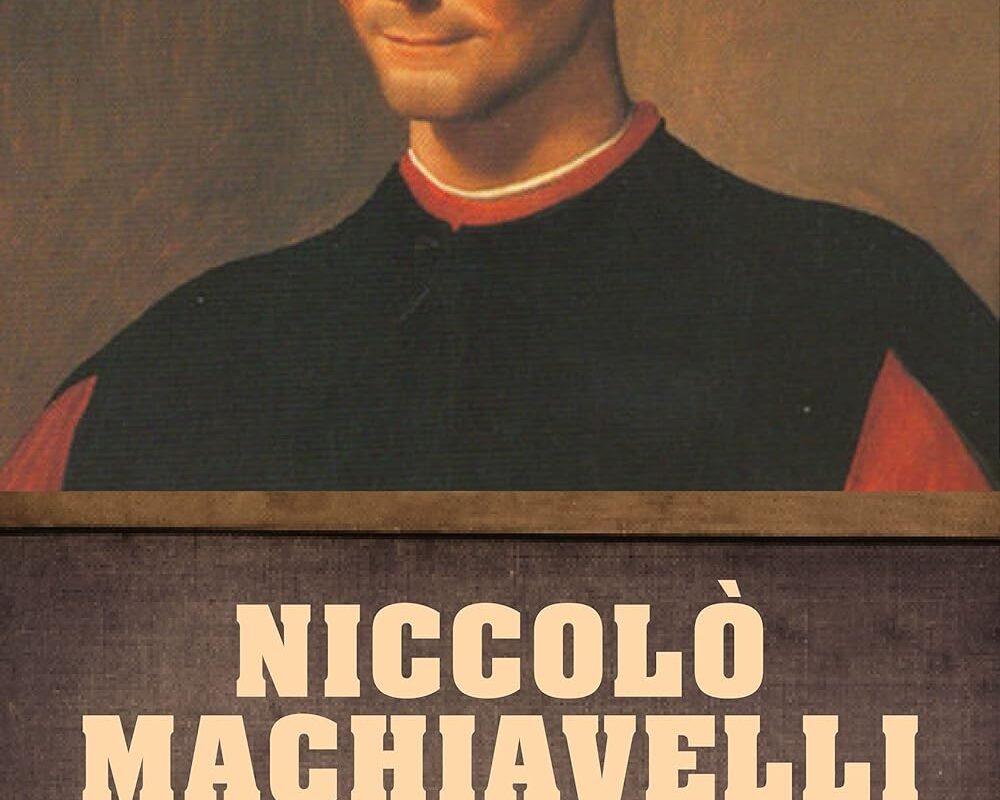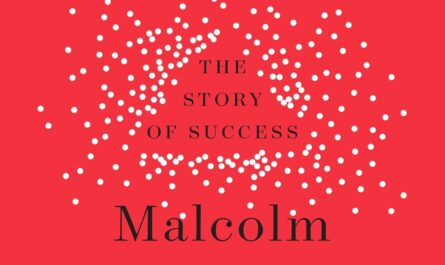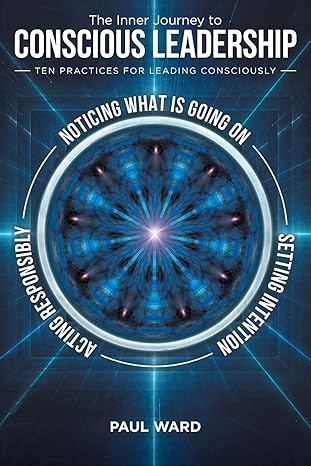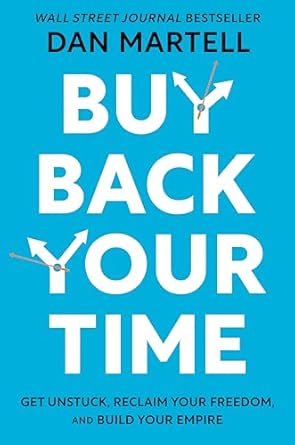Timeless Lessons on Leadership & Power
When it comes to books about political strategy, leadership, and the nature of power, few works are as controversial—or as influential—as The Prince by Niccolò Machiavelli. Written in the early 16th century, this political treatise has been praised, feared, banned, and endlessly debated for centuries.
But here’s the truth: The Prince isn’t just a dusty relic from history. Its insights into power dynamics, human nature, and strategic leadership are still startlingly relevant in today’s world of business, politics, and even personal relationships.
If you’re ready to explore one of the most important books on leadership and power ever written, you can grab a copy here: The Prince by Niccolò Machiavelli.
Who Was Niccolò Machiavelli?
Before we dive into the lessons of The Prince, it’s worth knowing a bit about the man himself.
Machiavelli was an Italian diplomat, political philosopher, historian, and writer living in Florence during a time of political instability. Italy wasn’t a unified nation yet—it was a patchwork of city-states constantly battling for power.
Machiavelli worked for the Florentine Republic as a senior official, but after the Medici family regained power, he was dismissed, imprisoned, and even tortured. It was during his exile that he wrote The Prince—a book dedicated to Lorenzo de’ Medici—perhaps as a way to gain favor and return to political life.
What The Prince Is Really About
The Prince is often misunderstood. Many people think it’s a manual for ruthless dictators, but it’s more accurate to see it as a realist’s guide to leadership.
Machiavelli believed leaders should focus on results, not ideals. He argued that a ruler’s ultimate duty is to preserve the state, even if it means using morally questionable tactics.
Key Lessons from The Prince
Let’s break down the major lessons that make The Prince one of the most discussed leadership books in history.
1. It Is Better to Be Feared Than Loved (If You Can’t Be Both)
One of Machiavelli’s most famous—and most debated—quotes is that it’s safer for a ruler to be feared than loved, if they cannot be both.
Why? Love is based on loyalty, but fear is based on the human instinct for self-preservation, which Machiavelli believed to be more reliable.
In modern leadership terms, this could mean establishing firm authority while still earning respect.
2. Appearances Matter More Than You Think
Machiavelli argued that a ruler doesn’t have to possess every virtue—such as honesty, mercy, or generosity—but must appear to have them.
In other words, perception often outweighs reality. This principle applies in today’s branding, politics, and even career advancement: the way you present yourself can be just as important as your actual skills.
3. The Ends Justify the Means
Perhaps the most controversial idea in The Prince is that the morality of an action should be judged by its outcome.
This pragmatic view rejects idealism in favor of results, and while it can be dangerous if misused, it also reflects the reality that leaders often face difficult moral trade-offs.
4. Adaptability Is a Leader’s Greatest Strength
Machiavelli warns that rulers who cling stubbornly to one approach—whether too cautious or too bold—will eventually fail.
True leaders must adapt to changing circumstances, much like skilled chess players adjust their strategies based on the opponent’s moves.
5. Control Your Own Fortune (As Much as Possible)
Machiavelli acknowledges the role of luck (or Fortuna) in success, but he insists that preparation and boldness can help you control your destiny.
In leadership and life, this means being ready for opportunities when they arise—and having the courage to seize them.
Why The Prince Still Matters Today
You might think a 500-year-old book about Renaissance politics has little to do with modern life, but the timeless leadership lessons in The Prince apply just as well to CEOs, entrepreneurs, and even everyday decision-makers.
- In business, leaders often face situations where being overly idealistic can lead to failure.
- In politics, perception management remains a critical skill.
- In personal careers, adaptability and strategic thinking can mean the difference between advancement and stagnation.
If you want to experience the full force of Machiavelli’s wisdom, I recommend reading it for yourself: The Prince – Get Your Copy Here.
Machiavelli’s Influence on Modern Leadership Thinking
The phrase “Machiavellian” has become shorthand for cunning, manipulative behavior. But reducing Machiavelli to a villain misses the depth of his ideas.
Influential leaders from Napoleon to Churchill studied The Prince. In fact, many modern business books on strategy borrow heavily from its principles—whether they admit it or not.
Criticism and Misinterpretation
Critics argue that The Prince encourages ruthless, unethical leadership. But many historians see it as a realistic observation of how power actually works, rather than a moral endorsement of such behavior.
Some even suggest Machiavelli wrote it as satire or as a warning to citizens about the dangers of tyranny.
Practical Applications of Machiavelli’s Ideas Today
Here’s how some of Machiavelli’s key principles translate into the modern world:
- Balance respect and authority – Build trust, but ensure you can enforce rules.
- Master the art of image – Cultivate a personal brand that communicates strength and competence.
- Be results-oriented – Focus on outcomes, not just intentions.
- Stay flexible – Change your approach when the situation demands it.
- Prepare for luck – Keep yourself ready for opportunities and challenges alike.
Famous Quotes from The Prince
- “It is better to be feared than loved, if you cannot be both.”
- “The ends justify the means.”
- “Men judge generally more by the eye than by the hand, for everyone can see and few can feel.”
These lines are memorable because they cut to the heart of power and leadership psychology.
Should You Read The Prince?
If you’re interested in:
- Political strategy
- Leadership psychology
- Human nature
- Historical insight
…then The Prince is a must-read.
Even if you disagree with Machiavelli’s conclusions, his sharp observations will make you think differently about leadership, influence, and decision-making.
👉 Get your copy of The Prince here and explore the most famous political treatise ever written.
Final Thoughts
The Prince remains a masterpiece of political thought—not because it tells you how to be “good,” but because it shows you how power really works.
Machiavelli’s blend of realism, strategy, and psychological insight ensures his work remains essential reading for leaders, strategists, and thinkers in every era.
“Start Your Website Journey Today – Exclusive Hostinger Discounts!”

Turn Any Idea into Viral,
Jaw-Dropping AI Videos in Seconds!










